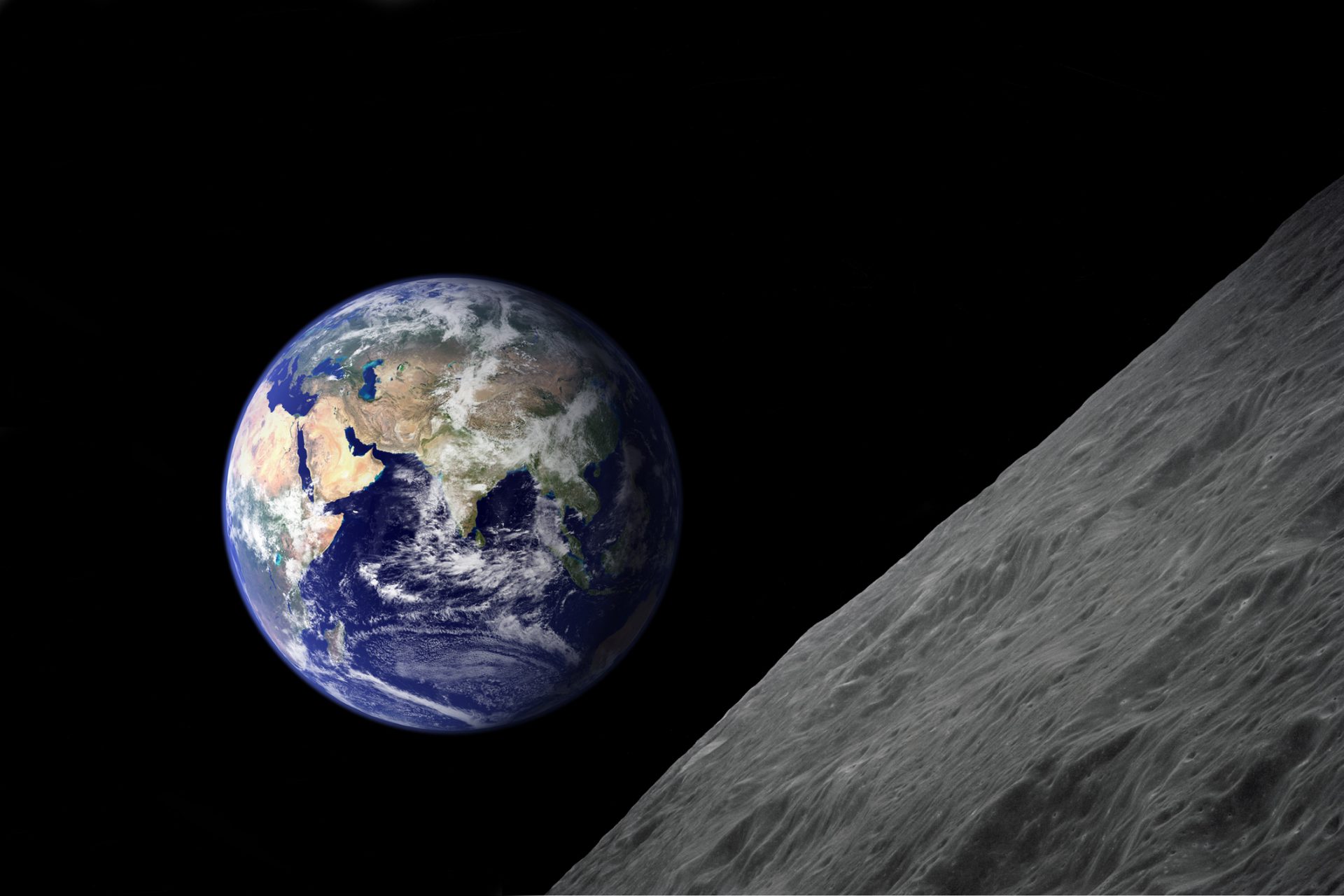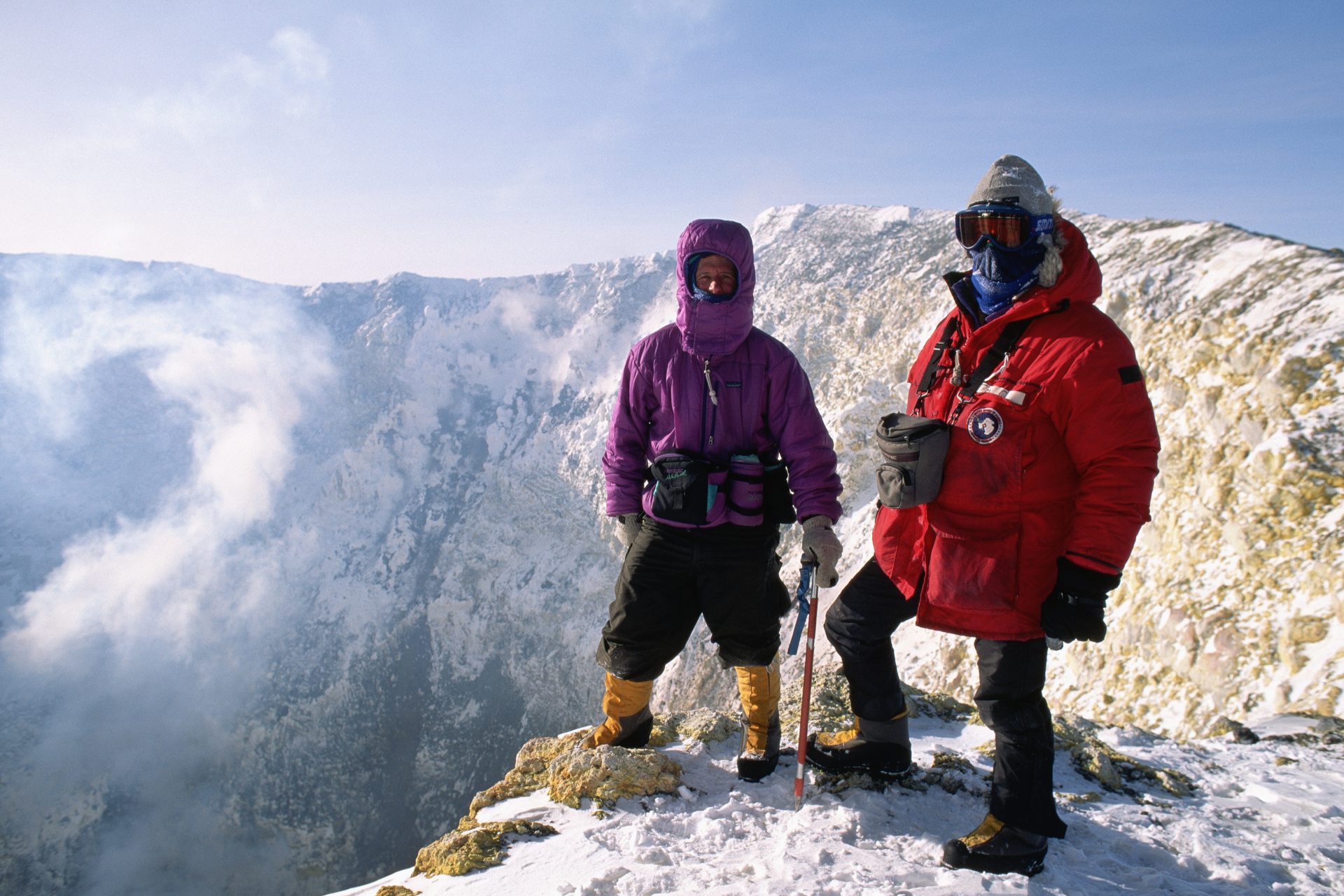We’ve pumped so much groundwater that Earth’s rotation has shifted
A study published by ‘Geophysical Research Letters’, and cited by The Hill, reveals that human society have affected the tilt of the Earth.
The study specifically claims that humans have pumped so much groundwater that our planet has begun to wobble from its axis.
Groundwater, CNN comments, serves for human and livestock consumption, as well as crop irrigation, in regions where rainwater is scarce.
The Hill points out that the groundwater has been extensively exploited in India and the American West.
However, a previously unsuspected consequence, such as its effect on Earth’s axis, could affect climate on a global scale.
Other activities that have been cited as affecting the position of Earth include oil drilling, dam construction and the use of fossil fuel.
However, the wobble is very slight, only a few millimeters, and has been compared to the slow speed of drifting continents.
The effect has been compared to a spinning top changing tilt when there’s a disturbance on its surface.
Image: Ash from Modern Afflatus / Unsplash
While the inner layers of Earth are formed by rock and magma surrounding a dense core, the rocky outermost layer contains numerous water deposits.
It is estimated that these underground water deposits, known as aquifers, has over 1,000 more water than all the rivers and lakes on the face of the Earth.
A piece published by the Yale School of the Environment highlights 2 trillion tons of groundwater from 1993 to 2010 and suggests that, after being routed to cities and farms, it ends up in the ocean and raising the sea levels.
The shift of Earth’s mass due to groundwater pumping and the change of sea levels has made our planet’s gravitational pole wander nearly a meter (about three feet) in two decades.
According to the scientific publication ‘Advancing Earth & Space Science’, the knowledge that water affected Earth’s rotation is quite recent, having been discovered in 2016.
For the longest part, it was assumed that such shift was related to melting ice caps and glaciers but looking into water dumped into the ocean has proven a source of important knowledge.
Ki-Weon Seo, the geophysicist from Seoul National University who led the research, admitted that their discovery was a big surprise.
“Our study shows that among climate-related causes, the redistribution of groundwater actually has the largest impact on the drift of the rotational pole”, stated Ki-Weon Seo to ‘Advancing Earth & Space Science’.
More for you
Top Stories





























